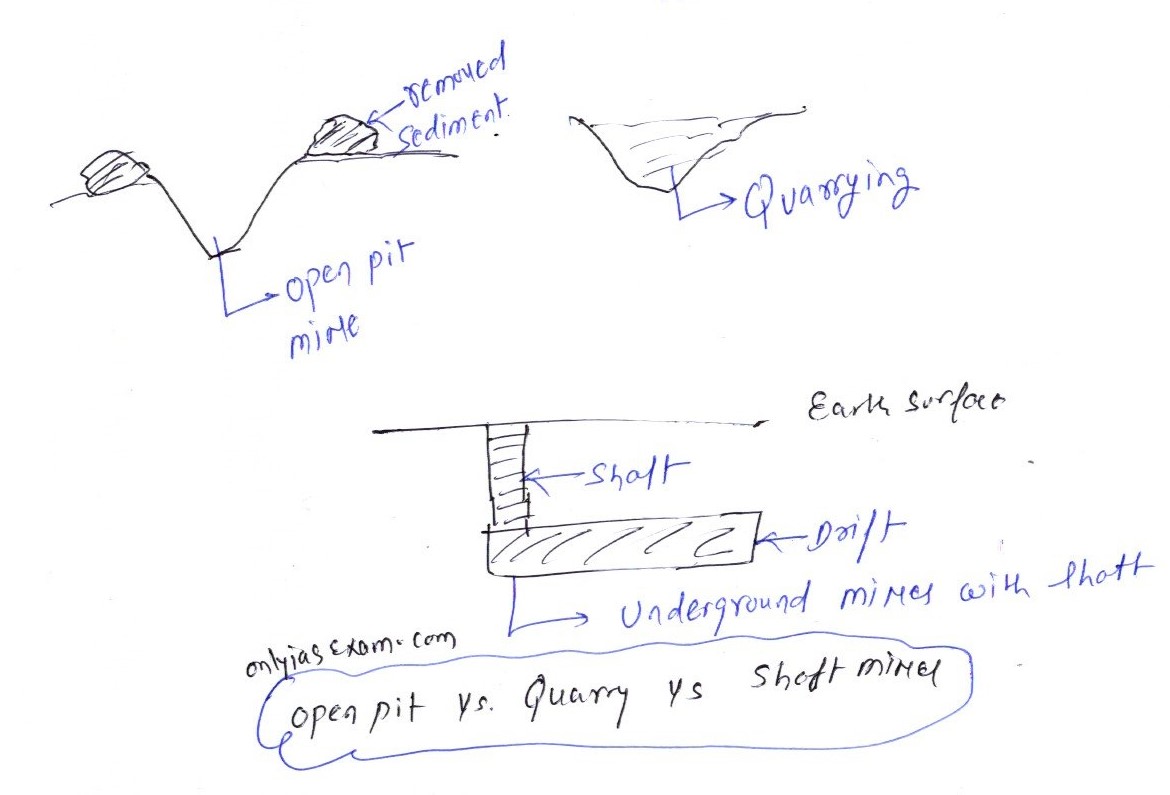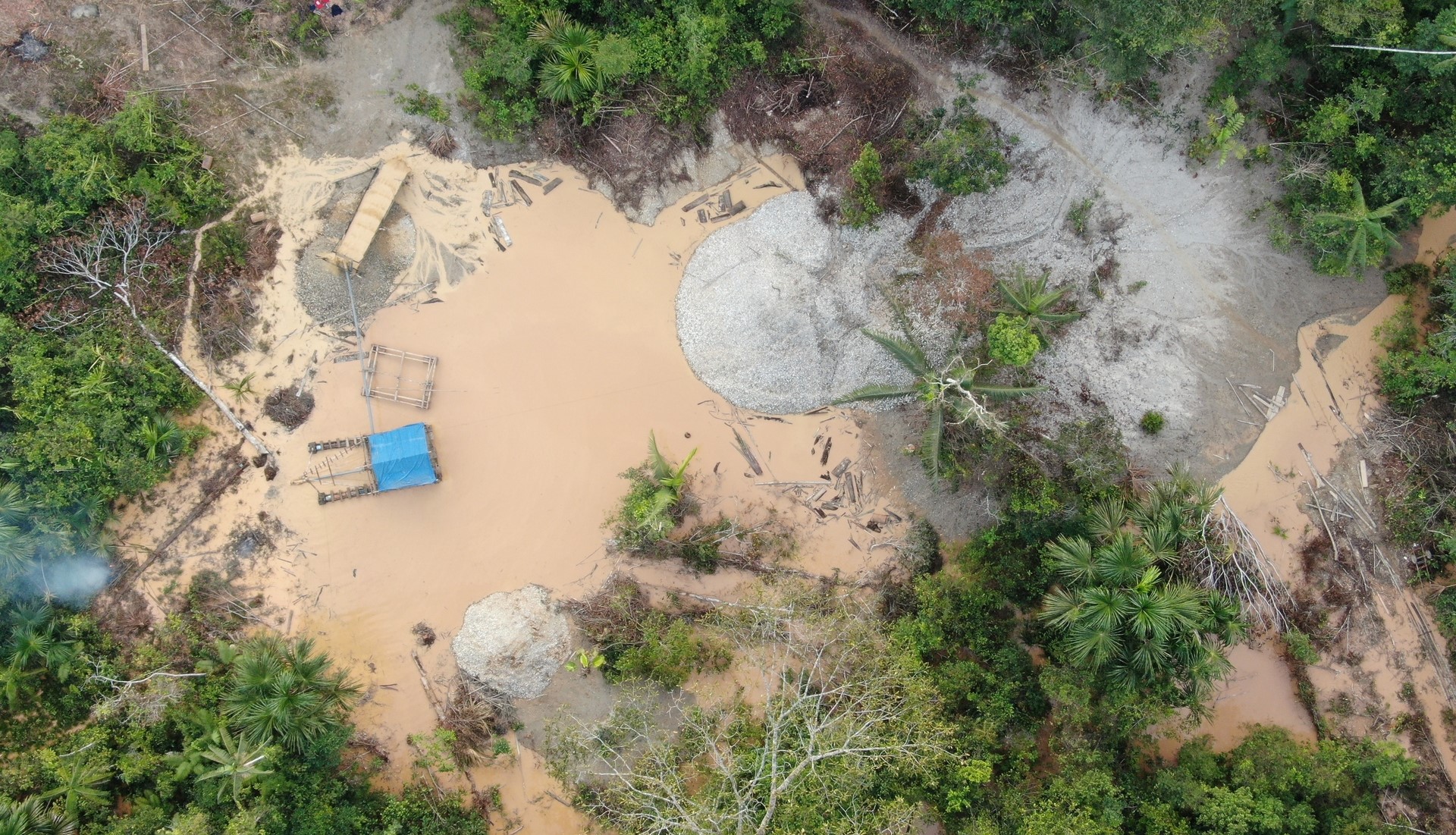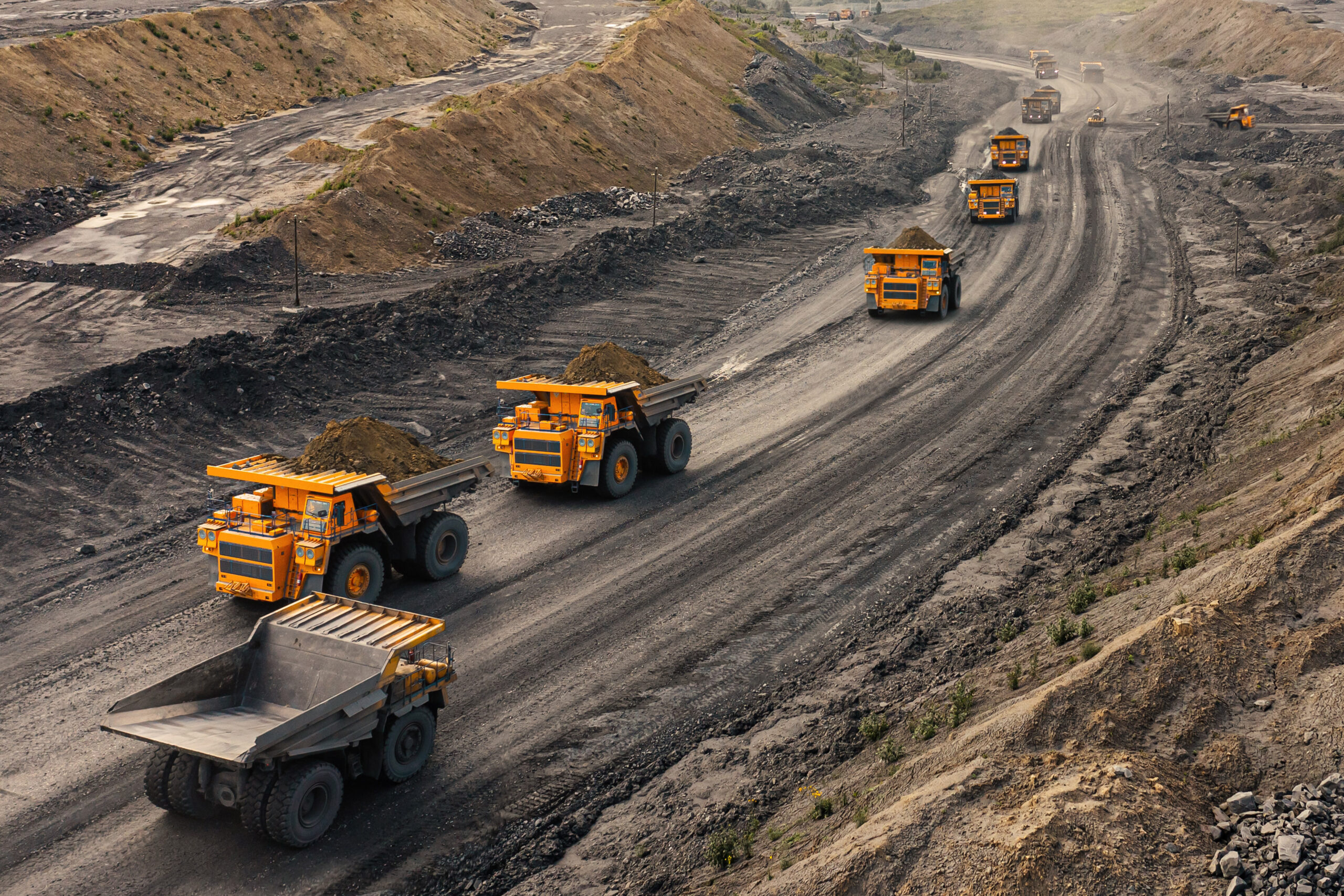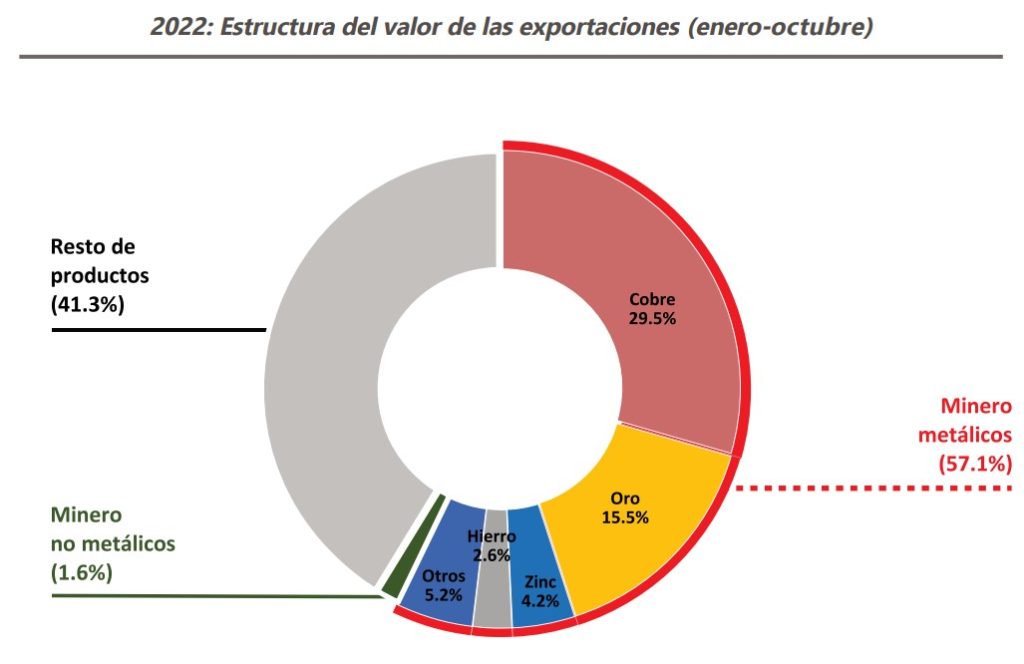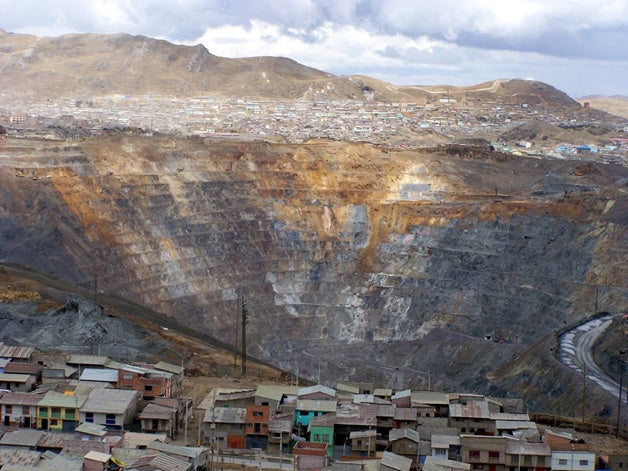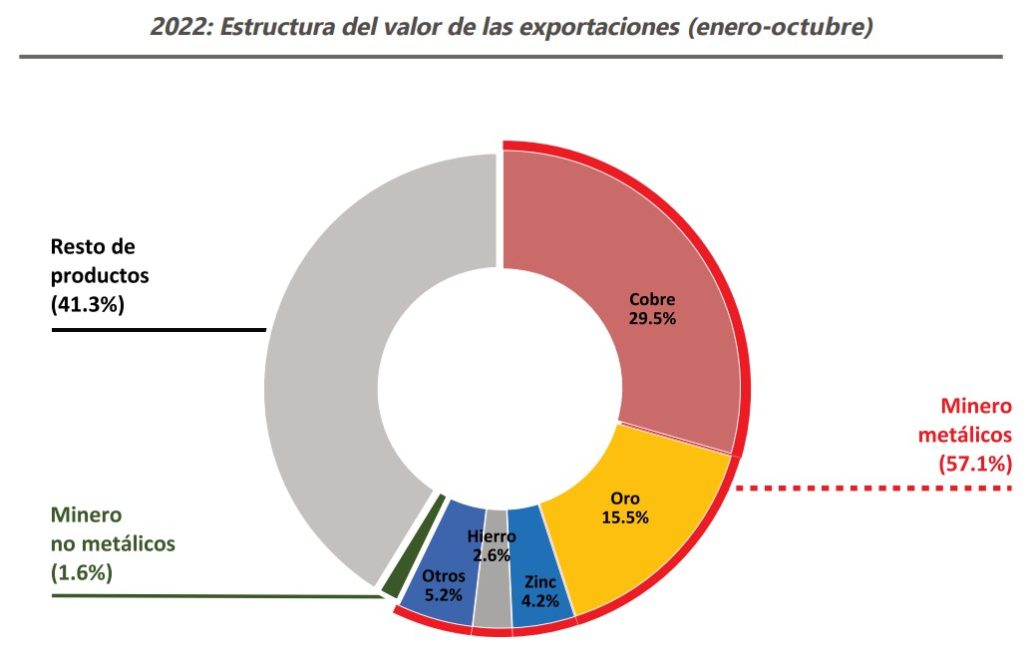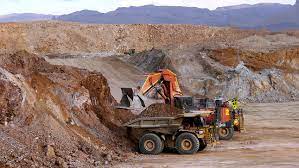Key Participants In Peru’s mining industry is an exciting and vibrant sector that plays a crucial role in the country’s economy. So, who are the key participants in this thriving industry? Let’s dive in and find out!
When it comes to mining in Peru, several players make up the backbone of this industry. From major global mining companies to small-scale local operations, there’s a diverse mix of participants. They all contribute to the country’s rich mineral wealth and drive its economic growth.
The first group we’ll talk about is the multinational mining companies. These giants have a significant presence in Peru, investing heavily in exploration, development, and production. They bring advanced technological expertise and capital to extract valuable minerals like copper, silver, gold, and zinc. But it’s not just the big players who make up the industry. Stay tuned to discover more fascinating participants in Peru’s mining sector!
The mining industry in Peru has several key participants that play a vital role in its operations. These participants include major mining companies such as Barrick Gold, Newmont Corporation, and Freeport-McMoRan. Additionally, the Peruvian government, regulatory agencies like the Ministry of Energy and Mines, and indigenous communities also play significant roles. These key participants collaborate to ensure sustainable mining practices, economic development, and environmental protection in Peru’s mining industry.
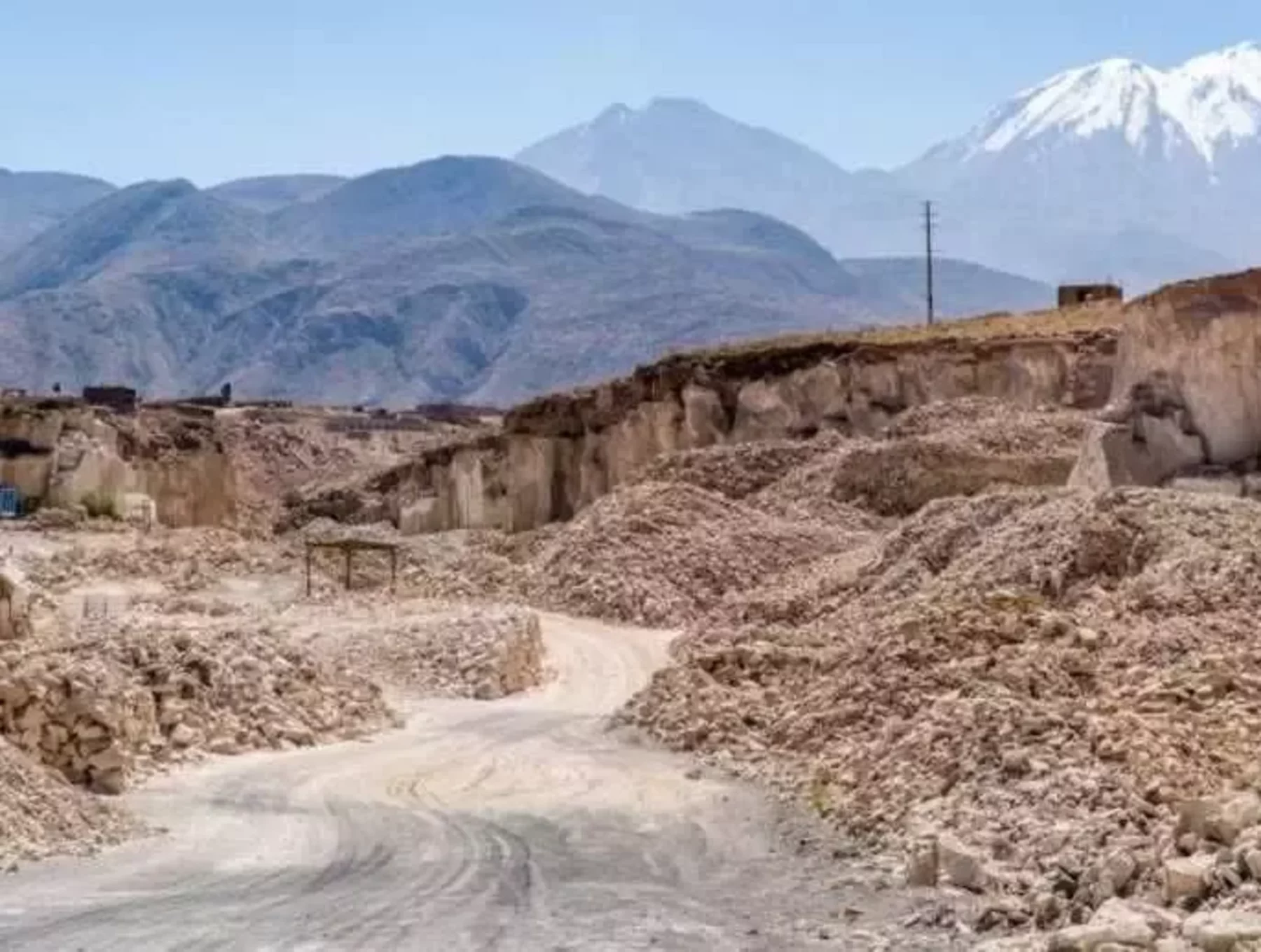
Who are the Key Participants in Peru’s Mining Industry?
Peru is a country known for its rich mineral resources, and its mining industry plays a crucial role in its economic development. The industry attracts both domestic and foreign participants who contribute to the extraction and production of valuable minerals. In this article, we will delve into the key participants in Peru’s mining industry, exploring the roles they play and their impact on the country’s economy and environment.
The Government: Regulator and Partner
The Peruvian government plays a central role in the mining industry, serving as both a regulator and a partner to mining companies. It establishes the legal framework, sets regulations, and enforces compliance to ensure responsible and sustainable mining practices. The Ministry of Energy and Mines is responsible for overseeing the sector and granting concessions and permits for exploration and extraction activities.
Beyond regulation, the government also actively participates in the mining industry through the state-owned mining company, PerúMin. This entity partners with private companies in joint ventures for large-scale projects, ensuring that the national interest is preserved while promoting economic growth and social development in mining regions. The government’s involvement guarantees stability and fosters investment in the industry.
Private Mining Companies: Driving the Sector
Private mining companies play a significant role in Peru’s mining industry, bringing expertise, capital, and technology to drive exploration, extraction, and processing activities. These companies range from multinational corporations to medium-sized enterprises, each with specific strengths and focus areas. Some of the key players include Barrick Gold, Newmont, Southern Copper, and Buenaventura.
Private companies undertake various stages of mining operations, including prospecting, exploration, and development of mineral deposits. They invest in advanced techniques and technologies to maximize efficiency while minimizing environmental impact. Moreover, these companies contribute to the local economy by creating job opportunities, supporting local businesses, and implementing community development programs.
Communities: Stakeholders and Protectors
Local communities play a critical role in Peru’s mining industry as they often reside in or near mining regions. These communities are both stakeholders and protectors, safeguarding their rights, cultural heritage, and the environment while benefiting from mining activities. The government and mining companies collaborate with communities through formal agreements that ensure equitable distribution of benefits and mitigate any negative impacts.
The participation of local communities in decision-making processes is essential, fostering transparency and social cohesion. Community members often find employment opportunities within the mining industry, and companies invest in infrastructure, healthcare, and education to improve the quality of life for these communities. However, concerns regarding environmental pollution and land use must be addressed to foster sustainable development in mining regions.
Environmental Organizations: Guardians of Sustainability
Environmental organizations play a crucial role in Peru’s mining industry by advocating for sustainable practices and raising awareness about the environmental impacts of mining activities. These organizations monitor mining operations, holding both the government and private companies accountable for complying with environmental regulations and reducing ecological footprints.
NGOs such as CooperAcción and Peruvian Society for Environmental Law work towards protecting the environment, ensuring responsible mineral extraction, and advocating for the rights of affected communities. They promote sustainable initiatives, such as reforestation, water management, and the use of renewable energy sources in mining operations. Their involvement helps maintain the delicate balance between economic development and environmental conservation.
Academic Institutions: Catalysts for Innovation
Peru’s academic institutions play a vital role in the mining industry by fostering research, innovation, and technological advancements. Universities such as the National University of Engineering and the Pontifical Catholic University of Peru offer specialized programs in mining engineering and geosciences, producing skilled professionals who contribute to the sector’s growth.
These institutions collaborate with mining companies and the government to conduct research, develop sustainable mining practices, and address challenges faced by the industry. They also promote knowledge sharing through seminars, conferences, and workshops, ensuring that industry professionals stay updated with the latest developments and best practices.
Workers: Engines of Productivity
Mining operations require a dedicated workforce, skilled in various aspects of the industry. Workers in Peru’s mining industry include engineers, geologists, technicians, and laborers who contribute their expertise and labor to extract and process minerals efficiently. They work under challenging conditions, often in remote locations, to fuel Peru’s economic growth.
Mining companies prioritize the safety and well-being of their employees, providing necessary training, protective gear, and healthcare facilities. They also implement programs for skills development and career advancement, allowing workers to grow professionally within the industry. The dedication and hard work of these individuals are essential in maintaining the productivity and success of Peru’s mining operations.
Impact of Key Participants on Peru’s Mining Industry
Peru’s mining industry thrives due to the collaborative efforts of these key participants. The government’s role as a regulator and partner ensures sustainable practices and attracts investment. Private mining companies contribute with their expertise, capital, and technology, driving exploration and extraction activities. Local communities engage as stakeholders and protectors, benefiting from mining activities while demanding social and environmental responsibility. Environmental organizations advocate for sustainability and monitor ecological impacts. Academic institutions foster innovation and knowledge sharing. Lastly, the dedicated workforce powers productivity and economic growth.
Challenges and the Way Forward
Despite its successes, Peru’s mining industry faces challenges such as environmental degradation, conflicts with local communities, and the need for improved transparency. To overcome these challenges, collaboration and dialogue between key participants are crucial. Additionally, technological advancements that promote sustainable practices, community engagement, and responsible governance will be crucial for the industry’s long-term prosperity.
The Future of Peru’s Mining Industry
Looking ahead, the future of Peru’s mining industry seems promising. With rich mineral resources and a commitment to responsible mining practices, Peru has the potential to attract further investment and drive economic growth. However, a balance must be struck between economic development and environmental preservation, ensuring that future generations can benefit from the country’s resources. Continued collaboration between the government, private companies, communities, environmental organizations, academic institutions, and workers will be essential in shaping a sustainable and prosperous mining industry for Peru.
Key Takeaways: Who are the key participants in Peru’s mining industry?
In Peru’s mining industry, the key participants include:
- Large mining companies such as Freeport-McMoRan and Newmont Mining.
- Small and medium-sized mining companies.
- Local communities living near mining sites.
- The Peruvian government, which regulates and oversees the industry.
- International investors who provide funding for mining projects.
Frequently Asked Questions
Curious about the key players in Peru’s mining industry? Look no further as we answer your burning questions below!
What is the role of miners in Peru’s mining industry?
Miners are the backbone of Peru’s mining industry. They are responsible for extracting valuable minerals from the earth and ensuring their proper processing. These dedicated individuals work tirelessly in mines, utilizing specialized equipment and techniques to extract minerals efficiently and safely. Without miners, the entire mining industry would come to a standstill.
In Peru, mining provides employment opportunities for many individuals, particularly in rural communities where mining activities are prevalent. Miners contribute not only to the economy but also to the social development of these regions by creating job opportunities and fostering infrastructure improvements.
What is the role of mining companies in Peru’s mining industry?
Mining companies play a crucial role in Peru’s mining industry by overseeing the entire mining operation. They invest in exploration activities to discover new mineral deposits, secure the necessary permits for mining operations, and manage the often complex logistics of mining activities. These companies also ensure compliance with environmental regulations and labor laws to prioritize sustainability and worker well-being.
Through their expertise and financial resources, mining companies contribute to the development of mining projects and infrastructure, driving economic growth in the regions where they operate. Additionally, they often engage in corporate social responsibility initiatives, benefiting local communities through education, healthcare, and infrastructure development.
What is the role of the Peruvian government in the mining industry?
The Peruvian government holds a vital role in regulating and overseeing the mining industry. They establish policies and regulations to ensure responsible mining practices, protect the environment, and safeguard the rights of both companies and workers. The government grants mining concessions, manages the allocation of mineral resources, and imposes taxes and royalties on mining activities.
Furthermore, the government promotes investment in the mining sector by providing a favorable investment climate, promoting transparency, and facilitating international trade agreements. By effectively managing the mining industry, the Peruvian government aims to maximize the benefits for the country’s economy and its citizens.
What is the role of indigenous communities in Peru’s mining industry?
Indigenous communities are an integral part of Peru’s mining industry, as many mining operations are located on ancestral lands. These communities often have a deep connection to the land and play a crucial role in decision-making processes that directly impact mining operations. Their involvement helps ensure sustainable mining practices and the preservation of cultural heritage.
Through negotiation and consultation, indigenous communities and mining companies work together to establish agreements that benefit both parties. This may include economic compensation, employment opportunities, and investments in community development projects. By actively participating in the mining industry, indigenous communities strive to protect their rights, preserve their culture, and secure a fair share of the benefits that mining brings.
What is the role of environmental organizations in Peru’s mining industry?
Environmental organizations play an essential role in Peru’s mining industry, advocating for the protection of the environment and sustainable mining practices. They monitor mining activities, conduct environmental impact assessments, and work towards reducing the ecological footprint of mining operations through lobbying and raising public awareness.
These organizations ensure that mining activities comply with environmental regulations and strive to minimize the negative impacts on ecosystems, water resources, and air quality. They also promote the adoption of responsible mining practices and encourage the adoption of technologies that minimize pollution and maximize resource efficiency. By holding companies accountable and promoting sustainable mining practices, environmental organizations contribute to the long-term viability and environmental stewardship of Peru’s mining industry.
O3 Mining – Unveiling the Gold Rush of the Future
Summary
The mining industry in Peru has some key participants that play important roles. The government is responsible for creating policies and issuing permits. Mining companies handle the extraction of minerals while workers provide labor. Indigenous communities are also involved and have rights to the land. It’s essential for these participants to work together for the industry to succeed. The mining industry contributes significantly to Peru’s economy and provides job opportunities, but it’s crucial to balance economic growth with environmental sustainability and social responsibility.

